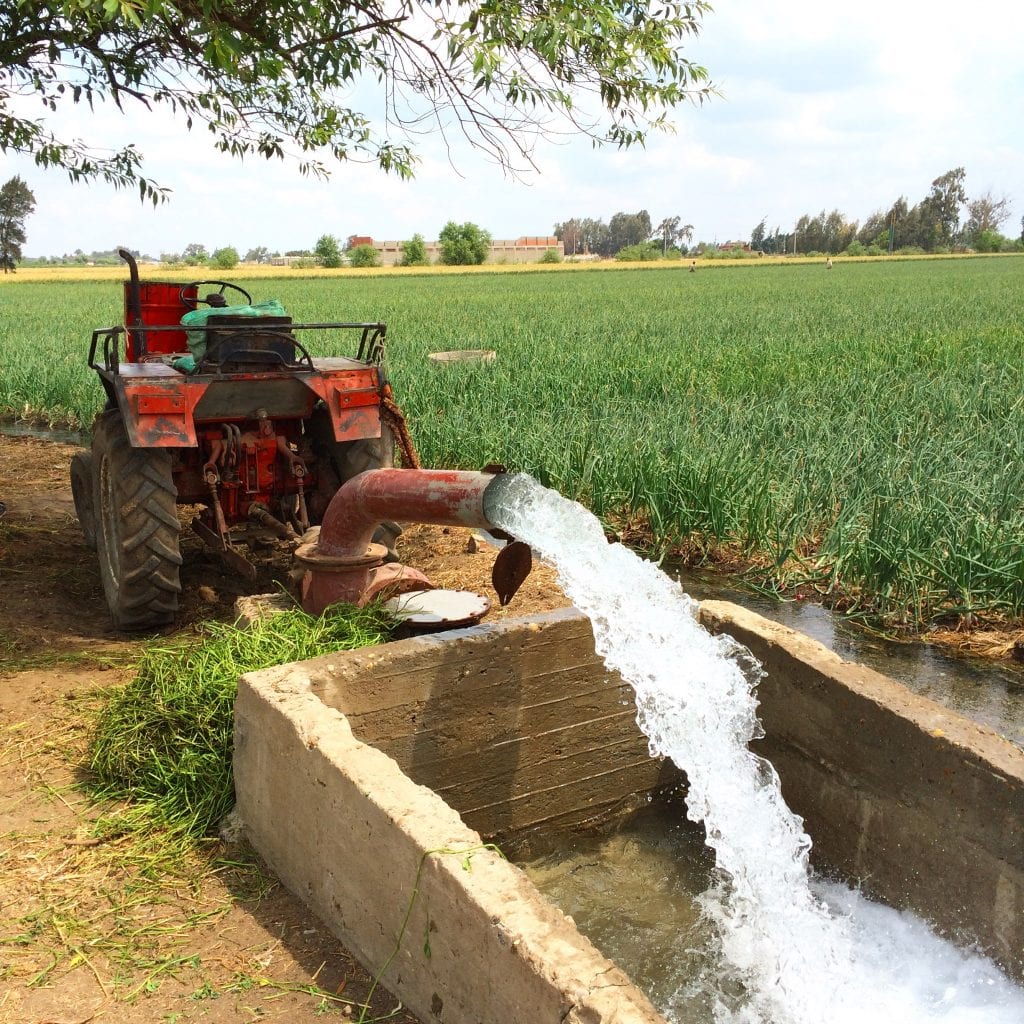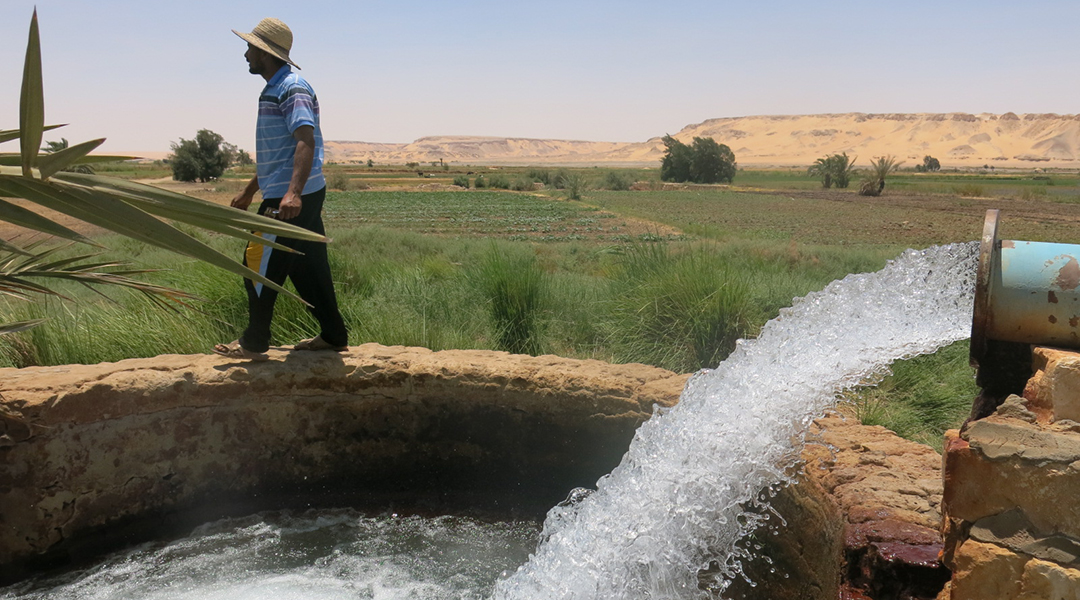Groundwater over-abstraction presents a global challenge that threatens the sustainable economic and social development of many communities, especially in the face of progressive competition for water and climate variability in arid and semi-arid regions. Under this scenario of resource depletion, lack of or poor governance is increasingly used as a scapegoat to explain enduring groundwater overuse, and when applied “well”, as a solution to improve groundwater use and management.
With a particular look at the case of the Middle East and North Africa (MENA), where up to 90% of groundwater use goes into agriculture, a study recently published in WIREs Water examines the shortcomings of existing policy and regulatory frameworks established under the objective to fix or improve groundwater governance to achieve sustainable resource use.

Current approaches to groundwater governance generally focus on improving legal frameworks, monitoring and controlling access and abstraction through permits or formal rights. In addition, improving enforcement of rules and regulations and prescribing community-based local management are seen as cornerstone components of good groundwater governance systems.
However, these same approaches have failed to acknowledge and reconcile the fundamental dynamics and properties of groundwater as a natural resource, and of governance as a social and political phenomenon. This is primarily due to policy makers’ and implementers’ narrow conceptualization of what governance is. The conceived amalgamation of governance with normative sustainable management recipes remains part of the problem. Specific resource management concepts (e.g., use efficiency, access registration, and use allocation) get equated with and applied as governance.
As a result, these current “good groundwater governance” paradigms prescribe and create interventions that are ultimately narrow in scope as they do not fully account for fundamental resource limitations bounded by environmental functions, making registration and control difficult. In addition, they disregard power dynamics and consequent inequalities in the distribution of and access to the benefits from groundwater.
The authors of this study introduce and re-frame groundwater governance as an inherent process of any structured society, shaped by the various forms of (and dynamics in) capital and power of actors with a stake in groundwater. Hence, governance cannot be prescribed and developed as an agreed and linear process of policy decision and implementation of management rules. Also, groundwater governance cannot simply be considered “good” or “bad” as it is the conglomerate expression of transactional realities affecting the resource and its stakeholders. Moreover, the debate should not be about whether governance is “good” based on an indicator of effective implementation of managerial approaches. It should be about solving fundamental natural resource protection, distribution and use challenges in a broader context of socio-economic and sustainable development, explicitly including multiple user realities and demands inherent to society.
Under a re-framed concept of groundwater governance, the team proposes that the barriers to sustainable and equitable groundwater use in irrigated agricultural systems, as in the MENA region, arise precisely from existing governance structures that tend to maintain and defend a status quo of power relations and benefit accrual from groundwater.
From this, solving the groundwater governance conundrum to deliver better environmental and social outcomes is, at its core, a fairness/equity issue between uses and users, including the environment. Unless this issue is put at the center of groundwater governance studies and discussions in contexts similar to the MENA region, these will fail to fully address the main issues revolving around groundwater governance, and the solutions and recommendations put forward will be partial at best.
Kindly contributed by the authors.

















